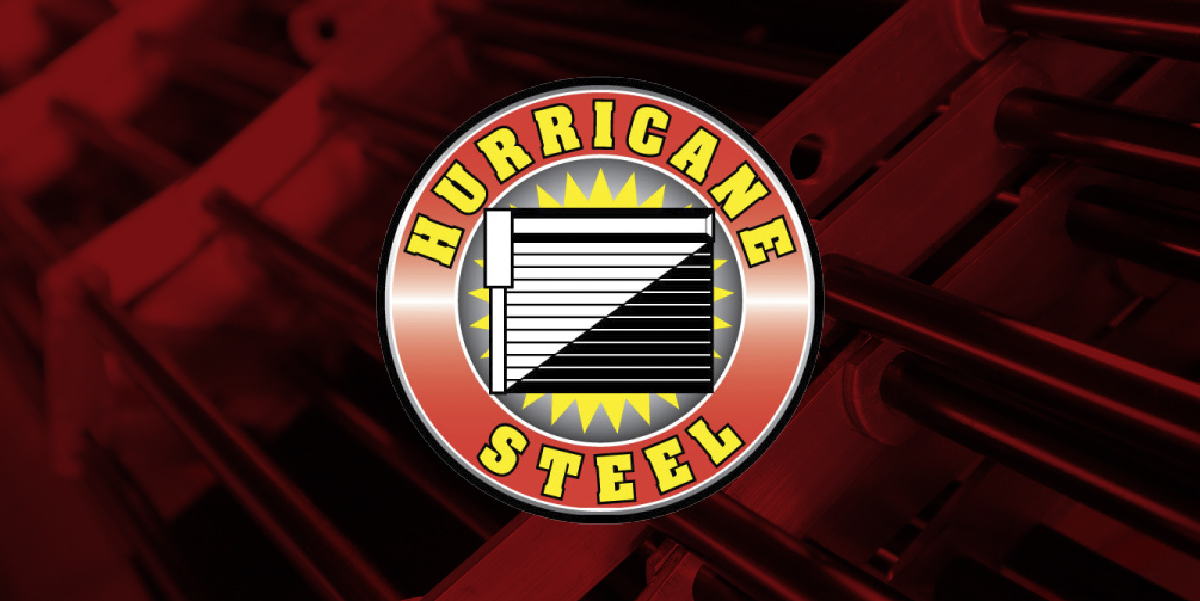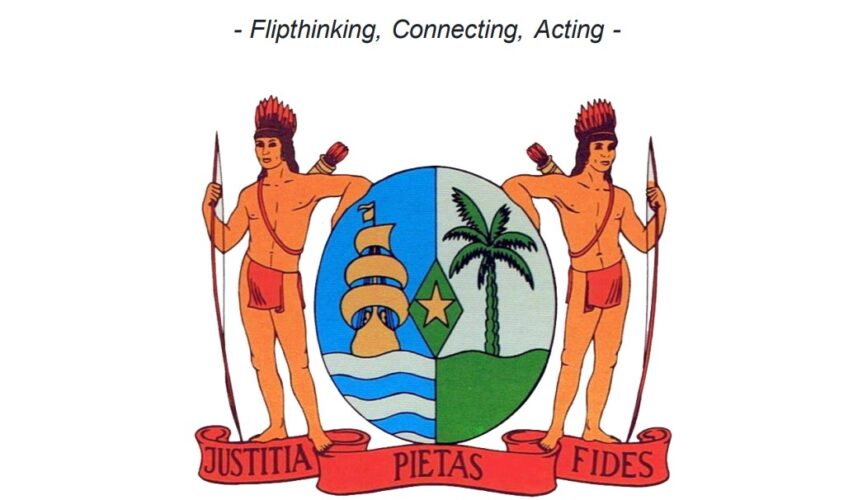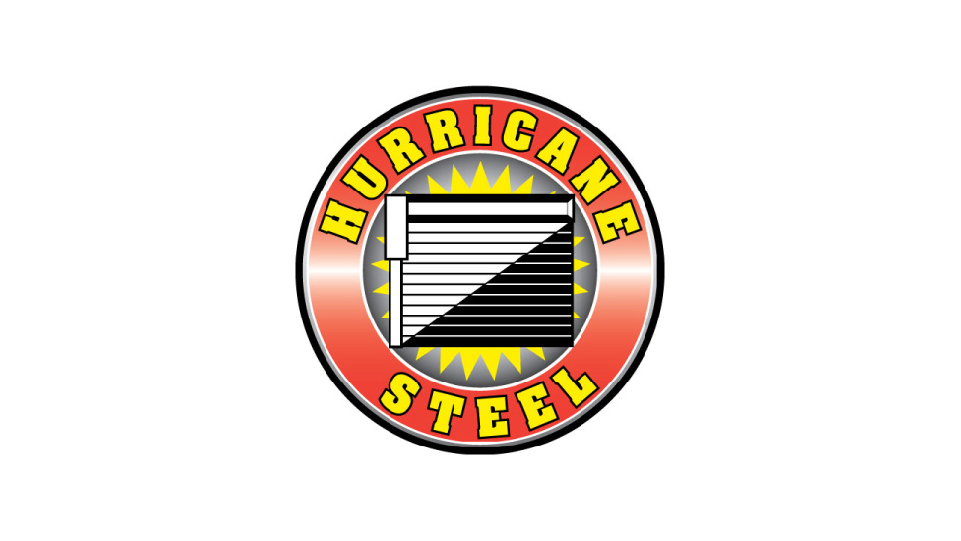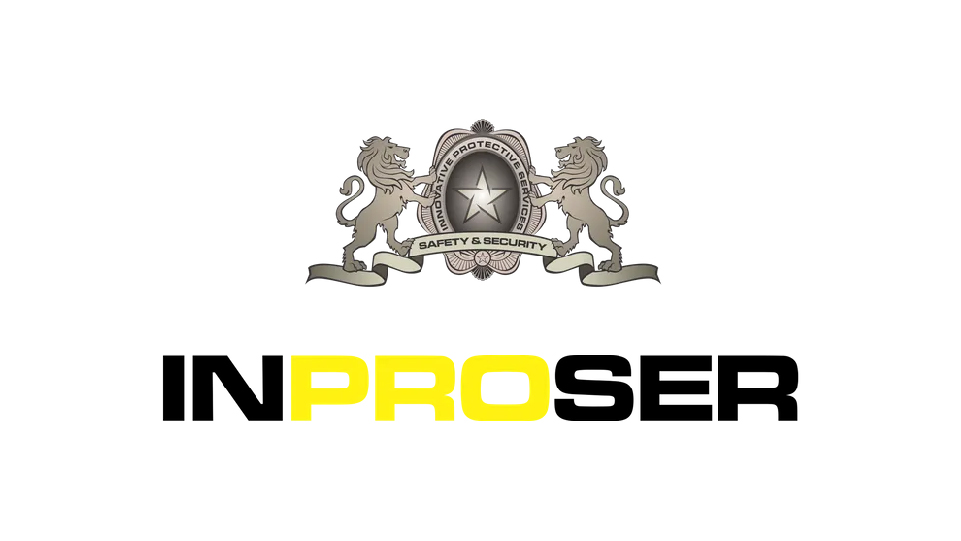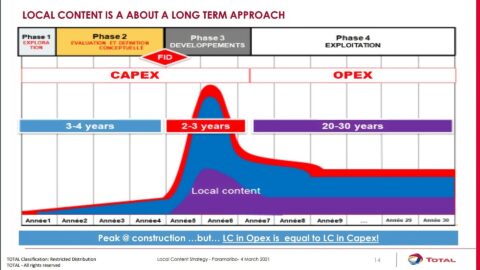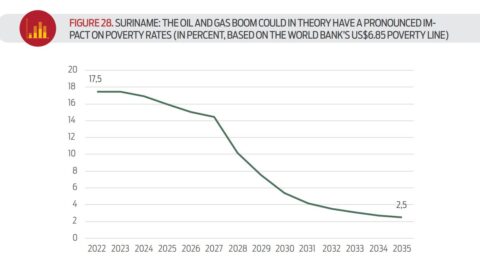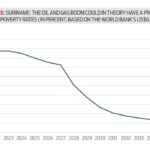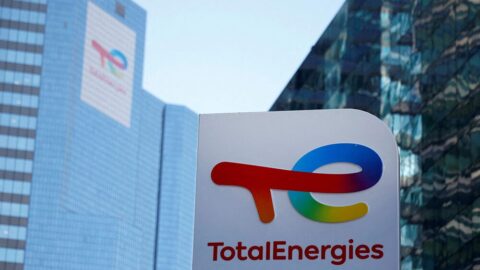Local Content: Empowering Surinamese Companies in Oil and Gas Supply Chains
A big reminder for the Government of Suriname
From the Multi-Annual Development Plan 2022-2026:
Supply Chain Engagement
With the discovery of the oil and gas deposits off the coast of Suriname, it is expected that the exploitation of these deposits could mean a huge change for the country. By comparison, Guyana has a daily production of 200,000 barrels of crude oil per day with their offshore project, resulting in a GDP increase of 85%. Within 5 years, the daily production there has to be built up to 750,000 barrels per day. Suriname can look forward to a similar development.
The spearheads of development are value creation and employment. It is therefore important that Surinamese companies obtain a significant share in the supply chain of the oil and gas operations. If there is no specific policy to this end, the supply chain can be filled in by foreign companies with minimal input from Suriname. This share is also called “local content”, the extent to which (Surinamese) companies and citizens participate in the economic activities as a result of the offshore discoveries. This concerns the supply of (locally produced) goods and services and the filling of jobs by Surinamese people.
Local content policy must be aimed at being a requirement but in continuous dialogue with and input from the international oil companies, which will map out a road map through education and training in business processes and technical areas to allow Surinamese companies to participate in the supply chain. This way, in time, a certain part of the value creation will take place locally (e.g., 80%). The term “Surinamese companies” must be properly defined: the focus must primarily be on companies that are locally based and have Surinamese Ultimate Beneficiary Owners (UBOs). The policy needs to be anchored in a clear and unambiguous legal framework with a clear objective, with possible differentiations when it comes to specific provisions such as shipping, employment, evaluation, and revision of policy, etc.
Local Content Development Office
To implement the policy, a Local Content Development Office – in this case specifically for the offshore industry – should be set up (for example initially at the State Oil Company). This office must be well-equipped and have a good understanding of the requirements and standards of the multinationals, but also of the local obstacles and gaps. To this end, the LCDO needs to conduct a “gap analysis”; this involves comparing the supply chain in the various phases of exploitation (goods and services, volumes, quality requirements, standards, etc.) with the potential and capabilities of the Surinamese companies and institutions. The following table shows a number of areas that should be highlighted.
| Strategic Action | Description |
|---|---|
| Analysis of national development priorities | Align local content activities with development priorities to increase benefits for the company and the host country. (Depending on the situation, priorities may be established through formal development plans or through consultation with local stakeholders.) |
| Research on local capacity | Research can draw on local expertise and market information and can be completed in collaboration with government and other stakeholders to improve the quality and credibility of the results. |
| Supply chain mapping and analysis | These processes allow companies to identify opportunities for local participation. |
| Environmental and social risk assessment | Take into account any issues related to local contractors who do not meet international HSE standards (health, safety and environment) or who may not have experience in local community engagement and socio-cultural issues. |
| Cost-Benefit Analysis | Quantify and analyze the different levels of benefits, costs, and risks associated with different local employment and supply options. It is important to take a long-term perspective on the potential benefits. |
| Barrier Analysis | Analyzing barriers to local content using a problem tree approach (see Figure A6.1.1) can identify the required intervention. |
| Access to financial and business support services | Access to affordable finance. This is often cited as the most important factor affecting the survival and growth of local businesses, especially small and medium-sized enterprises (SMEs). Without such access, local businesses are severely limited in their ability to invest in capital equipment and meet the standards required for inclusion in oil and gas supply chains. SMEs often lack the track record and capabilities to prepare business plans and present attractive loan proposals. |
| Infrastructure Analysis | Link infrastructure needs to local business participation. A lack of infrastructure can hinder the delivery of local services and increase the cost of doing business. (See the legal requirements of Doing Business in the next section). |
Next, a step-by-step plan is deployed to get the companies to the level where they can compete in open tenders through training, education, standards, etc. This ensures more and better skills of individuals and companies, and thus a steady growth in the share of local content in the supply chain. During the above-mentioned process, there should be a structural consultation between the Local Content Development Office and the multinationals to review the policy, to be aware of each other’s expectations and possibilities, and options for technology transfer through assistance, investments, licenses, trade, and/or training.
In collaboration with industry, academic sector regulators, and training institutes, a transparent plan must be drawn up to review and reform local training programs, equipment, and facilities to make them suitable. To this end, the establishment of alliances, joint ventures, and partnerships between Surinamese individuals and foreign operators or subcontractors is important, as well as with foreign offshore training institutions. For example, there is OPITO (Offshore Petroleum Industry Training Organization), a non-profit organization that sets standards in the offshore oil and gas industry. OPITO’s safety training courses are continuously updated. Some of OPITO’s standard safety training courses are: Basic Offshore Safety Induction & Emergency Training (BOSIET), Further Offshore Emergency Training (FOET), and Helicopter Underwater Escape Training (HUET).
Possibly, a capacity development fund (at the National Development Bank) can be used for structural education and support of business development and capacity building. At the current stage of preparation for exploitation, it is expected that successively the sectors of construction, general business services, and finally engineering will be required; LCDO should adjust its plan accordingly.
Monitoring and Evaluation of Local Content in the Offshore industry
The Local Content Development Office should be assigned the following tasks to promote and evaluate local content goals and plans:
- Establish a methodology for determining the percentage of local content in goods and services acquired or delivered in Suriname (see example below)
- Establishment of a mechanism for dealing with violations of the regulations as well as a list of sanctions for such violations
- Inspect facilities, documents, books, records, contracts, invoices, and other information related to procurement and payments to (non)local suppliers and employees
- Evaluate performance reports by multinationals containing KPIs, results, etc.
- Evaluate the reporting of each partner, contractor, subcontractor, or other related entity of the operator
- Investigate claims of misrepresentation
- Achieve efficiency and low transaction costs to drive local content
- Advise and support local TVET programs on various levels
- Assist with safety, environmental and financial compliance
- Bring transparency to the process of sourcing goods and services
- Actively facilitate international technical partnerships
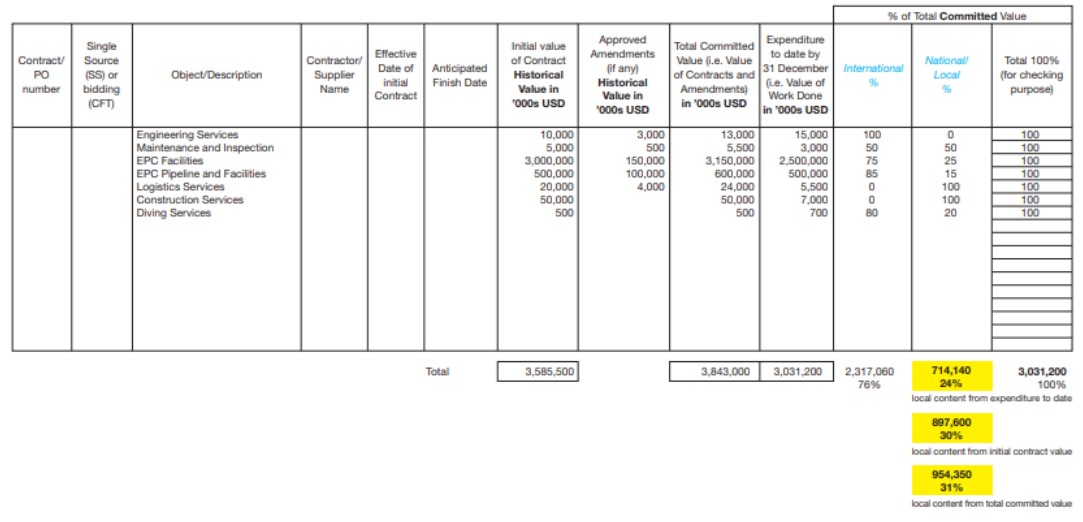
The representation below shows the process by which bottlenecks to achieving an increase in local
content can be identified:
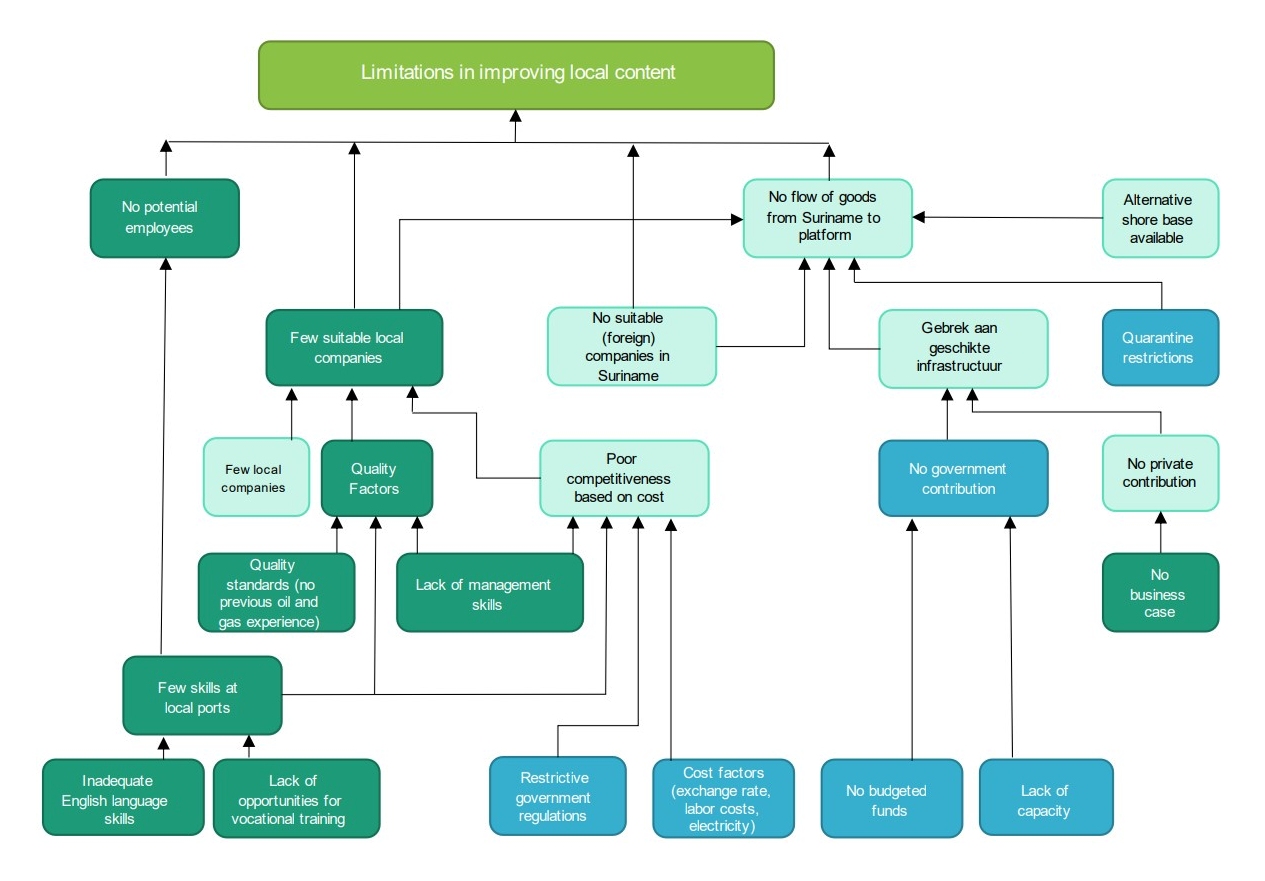
Strategic Actions
1. Local Content Policy
Legally establish and promulgate policies regarding Local Content that incorporate the above,
particularly the role of operators and the Local Content Development Office. These policies should
be well-aligned with policies in other sectors.
2. Local Content Development Office
Establish Local Content Development Office, and properly staff and equip this office to quickly
arrive at concrete plans for local content, education and training, and monitoring and evaluation
shortly thereafter.
Date: 2 January 2024
Advertentie
Wilt u uw merk hier tonen?
Maak contact en ontdek de advertentiemogelijkheden!
Wilt u uw merk hier tonen?
Maak contact en ontdek de advertentiemogelijkheden!
– DISCLAIMER –
LocalContentSuriname.com is een portaal waar ondernemers, bedrijven en stichtingen zich willen presenteren. Deze website is niet verantwoordelijk voor de inhoud die op deze pagina getoond wordt. Alle informatie die op deze pagina wordt verstrekt, moet onafhankelijk worden geverifieerd. Er worden geen garanties of verklaringen gegeven voor de juistheid van de informatie. Ga naar veelgestelde vragen voor meer informatie.

